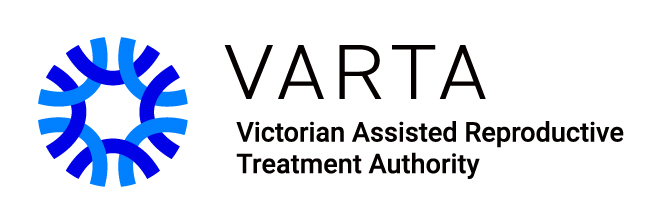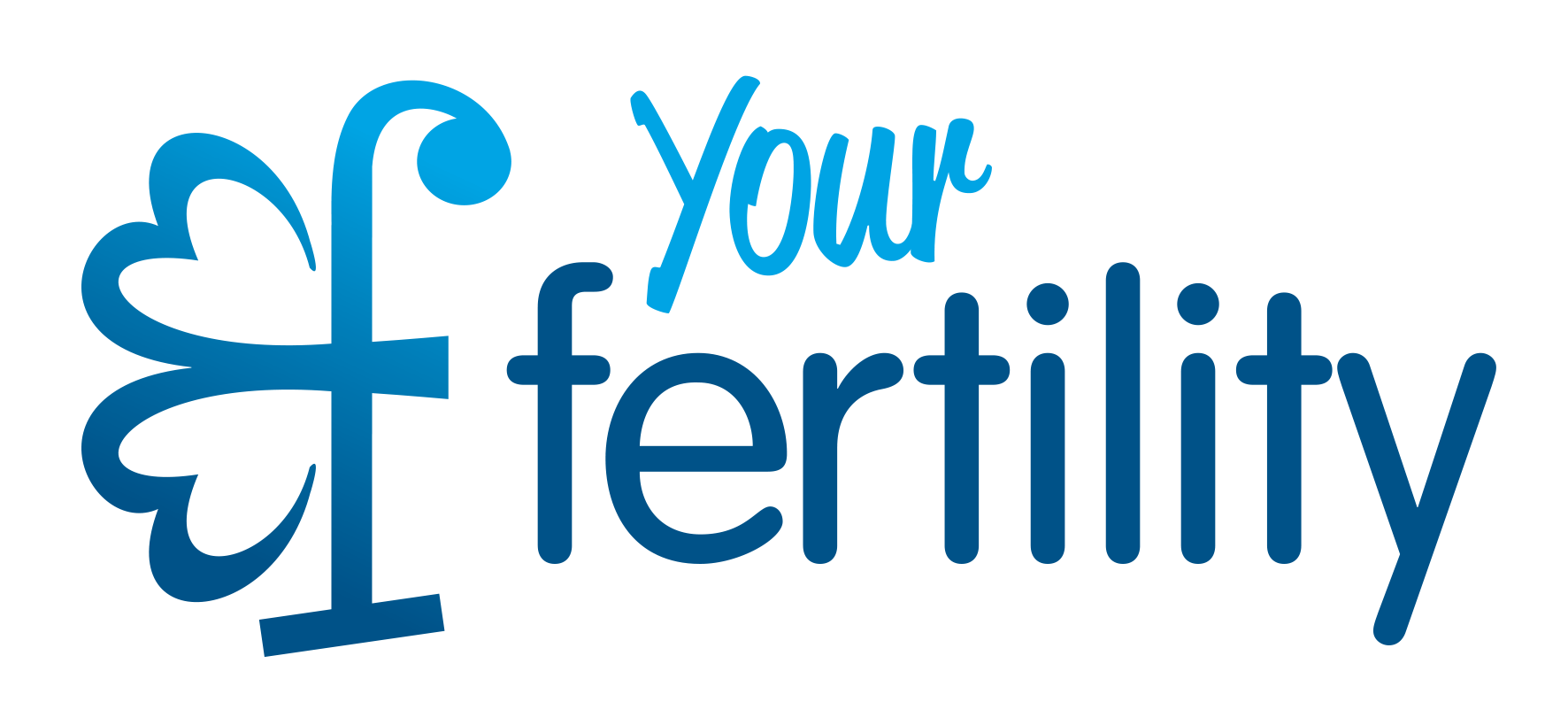Media release: Record numbers of people seeking fertility treatment
Record numbers of Victorians had fertility treatment in 2020-21, new data released for ‘Fertility Week’ shows.
Data from the Victorian Assisted Reproductive Treatment Authority’s 2021 Annual Report shows 15,590 people had fertility treatment in Victoria last financial year – up 20 per cent from 13,041 the previous year. Of those people, 37 per cent were aged 30-34, 40 per cent were aged 35-39 and 23 per cent were aged 40 and above.
There was also a 23 per cent surge in the number of women freezing their eggs. On 30 June, 4,976 women had frozen eggs in storage in Victoria – up from 4,048 the year before.
“This is the steepest increase in people having fertility treatment that we’ve seen for a decade,” said VARTA CEO Anna MacLeod.
“Fertility treatment has been an incredible advance for people who wouldn’t be able to have a baby without it, including members of our LGBTIQ+ communities and single women choosing to become parents on their own. But this data also shows we have a lot of people experiencing fertility challenges in our community. It can be a very difficult experience,” she said.
The data has been released during ‘Fertility Week’ to help young Australians in their 20s and 30s understand that having a baby is not always easy. The week-long campaign features Australians talking about the challenges they’ve faced in their quest to have a baby, including women who have chosen to have a baby on their own, same sex couples, and people with a range of health conditions.
Dr Karin Hammarberg, a fertility expert with VARTA and Your Fertility, said unless you know somebody who has faced a fertility struggle, you may not realise how many people experience problems with getting pregnant, sustaining a pregnancy and having a healthy baby.
“It can be truly heartbreaking. This is a big issue for men and women. A lot of people might think they can turn contraception off and then have sex and fall pregnant. It is often not that simple. And of course, if you don’t have a partner or are in a same sex relationship, there can be other hurdles,” she said.
“If you want to have a child in future, learn more about your fertility and factors that can affect it, so you can plan ahead. There are a lot of things you can do now to improve your chance of a healthy pregnancy and baby in future.”
Dr Hammarberg also warned people not to think of IVF as an insurance policy. VARTA’s data highlights the decline in IVF success rates the older you are, and shows that most people don’t have a baby after one IVF cycle which can cost thousands of dollars depending on your needs.
Visit yourfertility.org.au to read people’s fertility stories and find out what you can do to improve your chance of a baby when you want one.
Media contacts: Julia Medew 0402 011 438 and Renee De Silva 0401 640 052.

